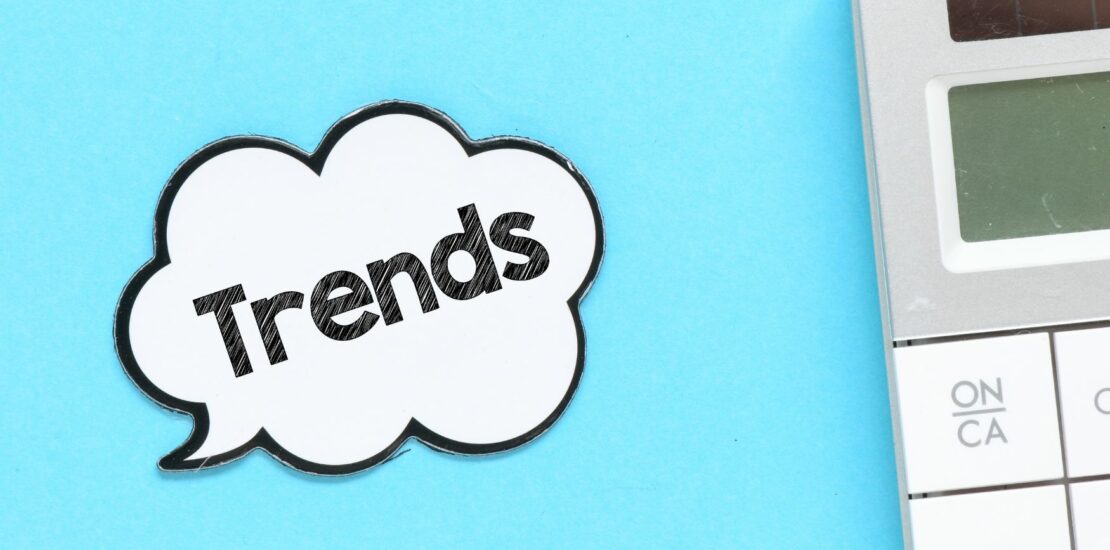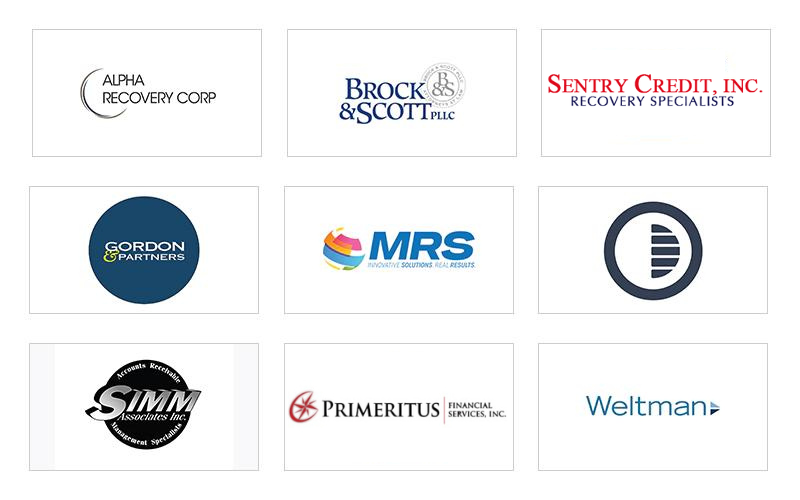Key Speech Analytics Trends To Track This Year
- June 14, 2023
- Category: Speech Analytics

Recommended Reading
The collections industry is evolving fast. New rules and regulations are focusing on protecting consumers more than ever. Talent shortages in the space are still a challenge. Lenders are also using more digital technology than ever before. 2023 is expected to bring even more changes – making it tough for collections businesses to keep up. To be successful, they need to use technology, like speech analytics, to their advantage.
If you are in the collections business and want to grow, it’s important to stay aware of these trends in speech analytics. This will help you build a better future for your collections business in an AI-driven world.
The adoption of speech analytics is growing
Recently, AccountsRecovery.net conducted a survey of companies in the receivables space to see how they’re using speech analytics in their collections. 67% of the companies surveyed are already using speech analytics to improve agent performance, reduce non-compliance, and cut down on Quality Assurance (QA) staff. The survey also showed that 20% of the companies are considering using speech analytics or plan to start using it in the next 1-2 years. With artificial Intelligence (AI) and machine learning becoming more accessible, it’s expected that speech analytics will become even more powerful and accessible for collections organizations of all sizes.
For companies using speech analytics, success depends on several factors, with the way it’s implemented is the most important. The survey showed that it takes more than 3 months for 50% of companies to implement speech analytics. To get a good return on your investment, you should ideally work with your chosen provider to implement speech analytics in less than a month. For smoother and more effective implementation:
- Implement the solution step by step, especially if it’s your first time. Get input from all relevant stakeholders, like operations, compliance, and training.
- Have confidence in your data. To achieve that confidence, you may like to validate it periodically.
- Recalibrate your QA agents whenever you bring new ones into the system, to make sure they are scoring calls correctly.
- Once the QA process is calibrated, make sure everyone uses the scorecard, reports, and data insights to help with effective training and coaching.
- Set benchmarks to measure the performance of your speech program. For example, you can track how speech analytics reduces compliance fines and improves agent productivity and collections per call. Compare before and after implementation to see the technology’s impact.
Adopting tech-enabled agent collections is the way ahead
Consumers still prefer talking to a live agent, even with the rise of self-service platforms. According to a survey by TCN, 49% of respondents said they preferred to speak to an agent by phone. To stay competitive, collections businesses should integrate speech analytics into their omnichannel platforms, while still maintaining a human touch in agent-consumer interactions.
Speech analytics can help ensure agents are saying the right things and improve customer satisfaction. The technology can review all calls, generate scorecards and reports, and reduce manual effort by 10 times. The primary reason for implementing speech analytics is to reduce manual call review, but agencies can find additional benefits in improving agent performance. One example is when data analysts at Provana found that 1 in 5 calls involved a coaching opportunity. To perfect agent performance in your business setting, you can:
- Switch to a speech platform that lets you create custom, automated scorecards for each agent and display it for them to see their daily progress and common mistakes.
- Score every call for more accurate results that support better training and learning.
- Focus on fixing the biggest problem first, like reducing average hold time. But remember to regularly review and update metrics with input from operations, compliance, and QA.
- Get regular feedback from consumers to create a smoother experience and improve agent performance.
- Create tailored performance programs based on data, not just a small sample of 2% of QA call reviews.
Call Monitoring and Sentiment Analysis are the top reasons why businesses use speech analytics
As per Industryresearch.biz’s Global Voice and Speech Analytics Forecast (2021-2027) report, the most popular applications for speech analytics tools in the current landscape include sentiment analysis and call monitoring. While speech analytics can be a powerful tool to solve new-age call monitoring and sentiment analysis issues, agencies often run into the same problems – leaving it all to the solution. It is worth accepting that speech technology is not a perfect science. Without the best QA and sentiment analysis practices, it is unfair to expect the transcripts to be perfect, the call classification data to be 100% correct, and the performance reviews to be spotless. To make the most of the call monitoring and sentiment analytics aspect of your platform, you must:
- Regularly check the ratio of classified and unclassified calls to make sure you cover all topics.
- Use transcription-based analytics to turn spoken speech into text, allowing for easy searches to find problems.
- Look closely at unusual changes in silence time or unclassified calls.
- Measure all aspects of proper call handling using a large sample. Our data shows that 12% of calls get marked down for Mini Miranda violations, so it’s important to train on compliance and recording disclosures.
- Train your QA team to better understand the language used by agents and their level of empathy, communication skills, and engagement. Our analysis shows that one in every 15 calls lacks empathy or courteousness, affecting the agent’s professional image.
- Visualize Emotional Intelligence gaps for agents to see and work on self-improvement. Calls with no silence or hold time had 10% higher agent productivity.”
Get ahead with a cutting-edge solution for your speech needs: A few hands on deck, reduced account volumes, and a changing regulatory environment are a few challenges Provana can help you navigate in 2023. Provana’s ICAP speech analytics solution is fully managed and can be customized to address important compliance and agent performance issues. Plus, it can help you save money and increase revenue.
Our clients use our solution to listen to and review all their calls, speed up training, simplify QA, get data-based coaching tips, and analyze large collections. Our speech engineers fine-tune the analysis engine to give you specific and useful insights. You’ll also be paired with a dedicated Provana BI analyst who will work with your team to make sure you’re happy with the results.
With a combination of technology and collections expertise, Provana can help you reach your goals. We’ll help you set realistic return on investment targets, improve your agent performance scorecards, reduce implementation time, and cover all compliance and performance needs. Want to learn how we can improve your collections business? Click here or email us at insights@us.provana.com







